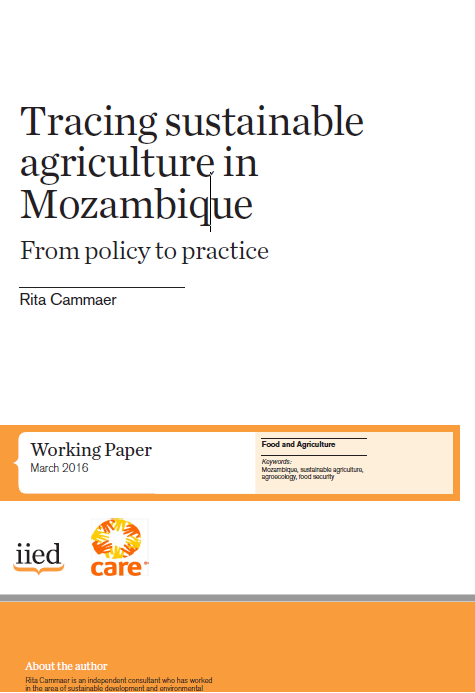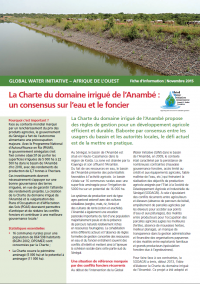Focal point
Location
Mission
Our mission is to build a fairer, more sustainable world, using evidence, action and influence in partnership with others.
Who we are
IIED is one of the world’s most influential international development and environment policy research organisations. Founded in 1971 by economist Barbara Ward, who forged the concept and cause of sustainable development, we work with partners on five continents. We build bridges between policy and practice, rich and poor communities, the government and private sector, and across diverse interest groups. We contribute to many international policy processes and frameworks, including the Intergovernmental Panel on Climate Change, the Millennium Ecosystem Assessment and the UN conventions on climate change and biological diversity.
What we do
IIED carries out research, advice and advocacy work. We carry out action research — generating robust evidence and know-how that is informed by a practical perspective acquired through hands-on research with grassroots partners — and we publish in journals and maintain high research standards. We advise government, business and development agencies, and we argue for changes in public policy. We focus on bottom-up solutions, stay open to flexible, adaptable solutions and are marked by a tradition of challenging conventional wisdom through original thinking.
Resources
Displaying 161 - 165 of 367Securing forest business: A risk management toolkit for locally controlled forest businesses
This toolkit is designed to guide the business manager (or whoever is tasked with the daily operations of running the forest business) and other business staff through a process of identifying and assessing possible business risks.
Tracing sustainable agriculture in Mozambique
This study examines the agricultural policies and strategies that have influenced agricultural development in Mozambique, the support structures that have been put in place, and the realities and challenges of their implementation. It was found that key stakeholders understand the concept of sustainable agriculture, that the most important contributing components are covered in the current policy framework, and that farmers are keen to adopt and adapt to more sustainable and profitable farming practices.
Land investments, accountability and the law: Lessons from Senegal
In Senegal, concern about large-scale land acquisitions has been growing since 2000. Senegalese agriculture has long relied on small-scale family holdings and extensive agriculture. But the current population growth rate, combined with rapid urban development and natural resources degradation, have inevitably changed the game.
La Charte du domaine irrigué de l’Anambé : un consensus sur l’eau et le foncier
La Charte du domaine irrigué de l’Anambé propose des règles de gestion pour un développement agricole efficient et durable. Élaborée par consensus entre les usagers du bassin et les autorités locales, le défi actuel est de la mettre en pratique. Cette fiche revient sur le processus d'élaboration de la Charte et met en lumière les opportunités et défis qui en découlent.
How can governments and investors be held to account for land deals in Africa?
Comments on the IDRC workshop on LSLAs and accountability in Africa, Dakar, 24-25 November 2015. The current IDRC programme supports 5 action research projects across 10 countries in West, East and Southern Africa. They investigate how to build accountability over land governance. This requires a multi-level strategy at both policy and community level. The most contentious debate was about valuation, benefit-sharing and compensation because compensation almost always fails to take full account of the real value of natural resources in people’s lives.







